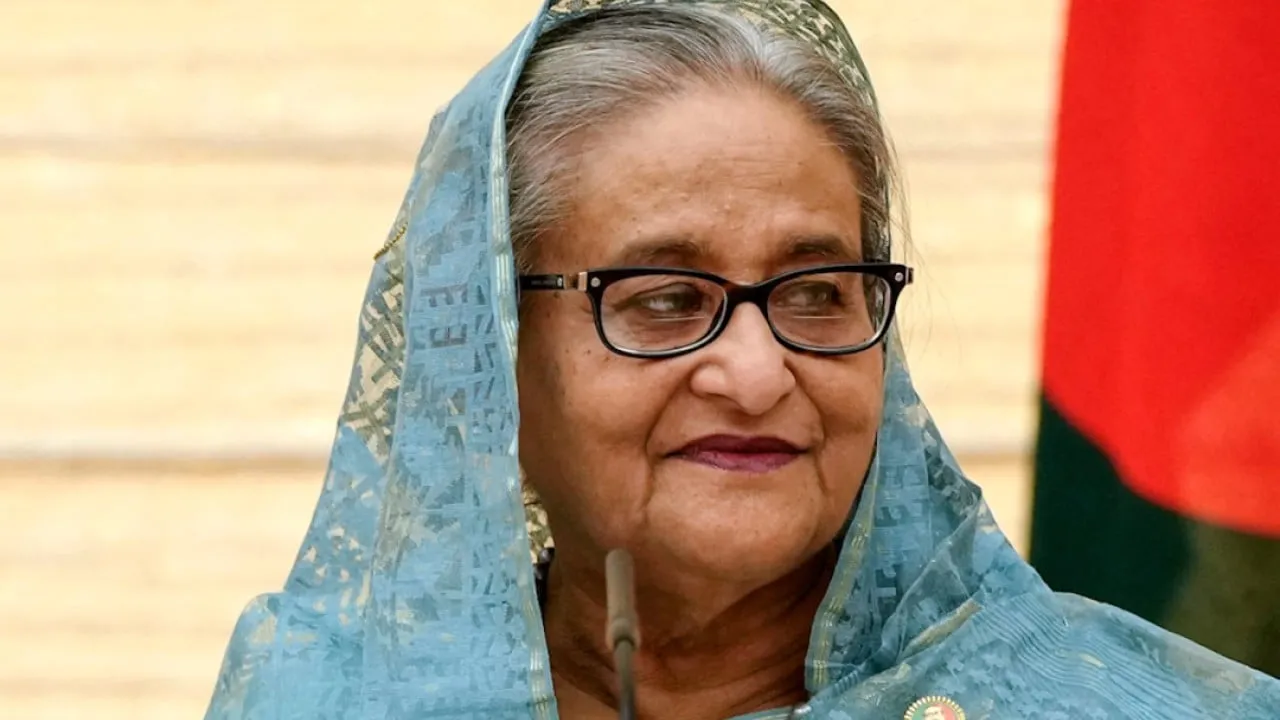Debt-Trap Diplomacy and Youth Unemployment: Examining Bangladesh's Signal to the Global South

Debt-Trap Diplomacy Amplifying Unrest in Bangladesh
The unrest in Bangladesh serves as a harbinger of a troubling trend within the Global South. The recent turmoil, precipitated by Prime Minister Sheikh Hasina's low public approval amid protests over civil service job quotas, resonates with scenarios unfolding in neighboring South Asian countries. Due to economic distress, nations like Sri Lanka and Pakistan have witnessed similar destabilizing events, driven primarily by a concerning cycle of financial mismanagement, anti-government protests, and reliance on the International Monetary Fund.
Economic Challenges Fueling Instability
This period of massive discontent stems from a broader issue of economic distress affecting Bangladesh, where youth unemployment is rampant. Approximately 18 million people aged 18 to 24 are out of work or education, creating a volatile environment ripe for unrest. Reliance on tourism and textiles as major export pillars places additional strain as external shocks threaten these industries.
The Role of Social Media and Present Demographics
- Social media has empowered citizens in Bangladesh, allowing them to mobilize against the government effectively.
- With a staggering number of social media users, access to alternative narratives has influenced public sentiment significantly.
- The demographic challenge facing South Asia could turn into a burden if job creation does not keep pace with growing aspirations.
As Bangladesh heads towards economic graduation status, many fear that the country's structural weaknesses, highlighted by recent unrest, could reverberate across South Asia, reflecting deep-rooted problems pertinent to numerous nations in the Global South.
This article was prepared using information from open sources in accordance with the principles of Ethical Policy. The editorial team is not responsible for absolute accuracy, as it relies on data from the sources referenced.